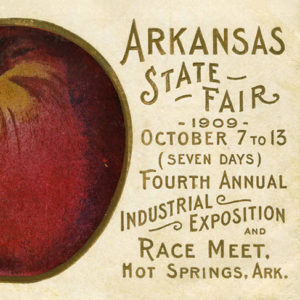 Fair Postcard
Fair Postcard
Entry Category: Festivals and Events
 Fair Postcard
Fair Postcard
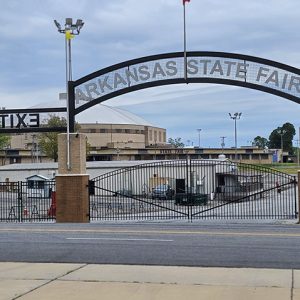 Fairgrounds
Fairgrounds
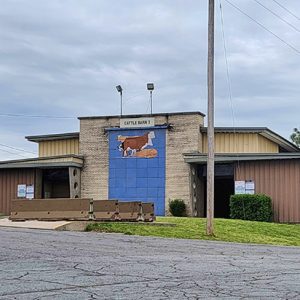 Fairgrounds Cattle Barn
Fairgrounds Cattle Barn
Festivals and Parades
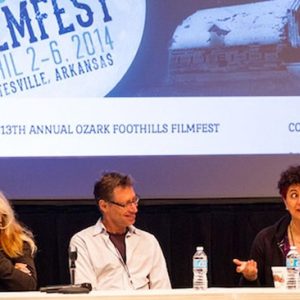 FilmFest Panel
FilmFest Panel
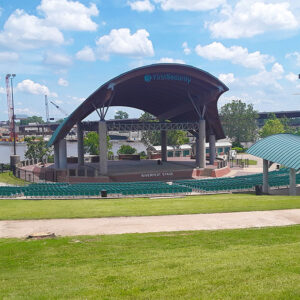 First Security Amphitheater
First Security Amphitheater
Fordyce on the Cotton Belt Festival
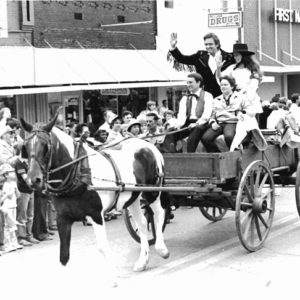 Fordyce on the Cotton Belt Festival Parade
Fordyce on the Cotton Belt Festival Parade
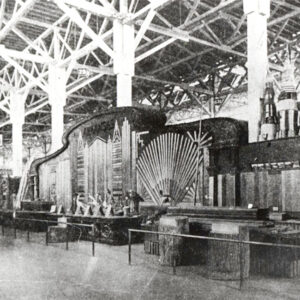 Forestry Exhibit
Forestry Exhibit
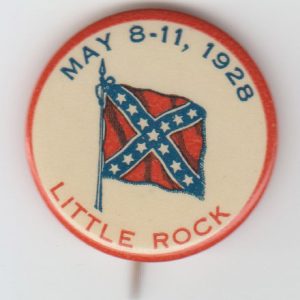 Fundraising Button
Fundraising Button
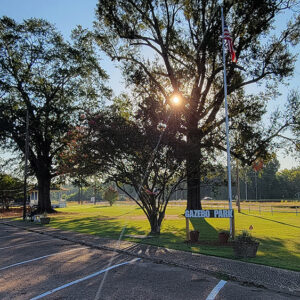 Gazebo Park
Gazebo Park
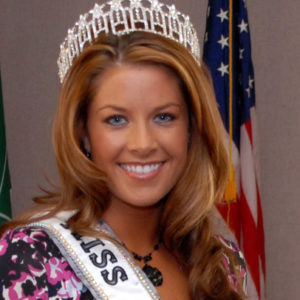 Kelly George
Kelly George
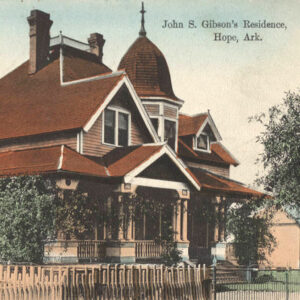 Gibson Residence
Gibson Residence
Gillett Coon Supper
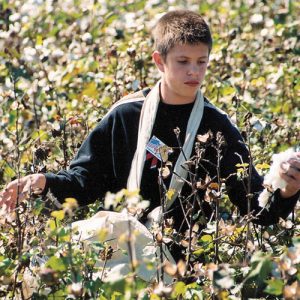 Gosnell Cotton Pickin' Contest
Gosnell Cotton Pickin' Contest
 David Grann
David Grann
Greek Food Festival
aka: International Greek Food Festival
 Guys and Dolls
Guys and Dolls
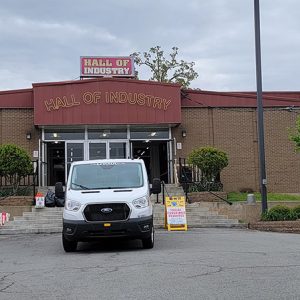 Hall of Industry
Hall of Industry
Hope Watermelon Festival
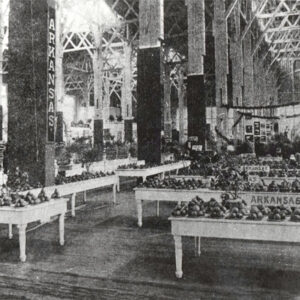 Horticulture Exhibit
Horticulture Exhibit
Hot Springs Documentary Film Festival (HSDFF)
Hot Springs Music Festival
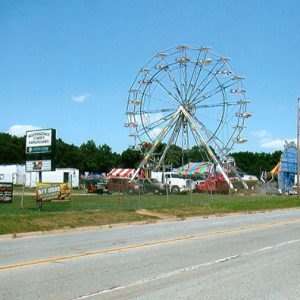 Independence County Fair
Independence County Fair
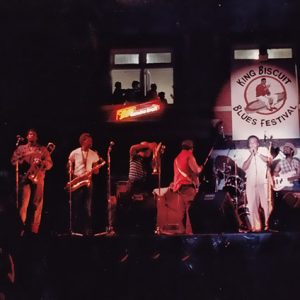 James Cotton Blues Band
James Cotton Blues Band
John Huddleston Day
Johnny Cash Heritage Festival
Johnson County Peach Festival
Jonquil Festival
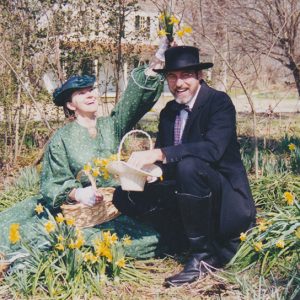 Jonquil Festival
Jonquil Festival
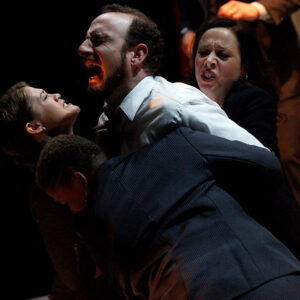 Julius Caesar
Julius Caesar
Juneteenth
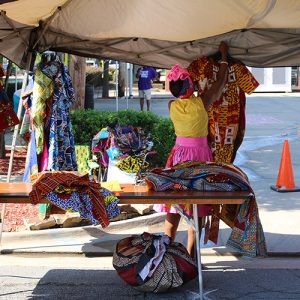 Juneteenth; 2018
Juneteenth; 2018
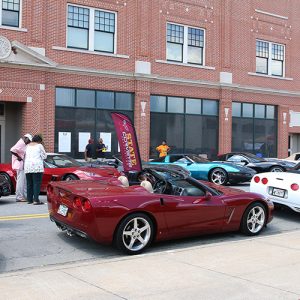 Juneteenth; 2018
Juneteenth; 2018
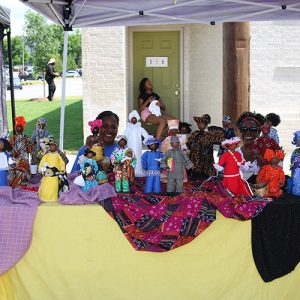 Juneteenth; 2018
Juneteenth; 2018
King Biscuit Blues Festival
aka: Arkansas Blues and Heritage Festival
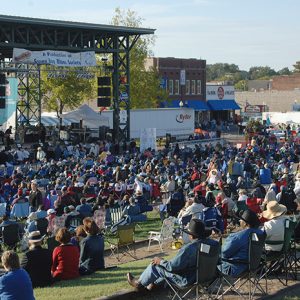 King Biscuit Blues Festival
King Biscuit Blues Festival
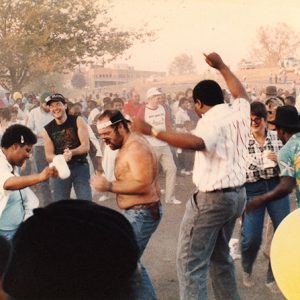 King Biscuit Crowd
King Biscuit Crowd
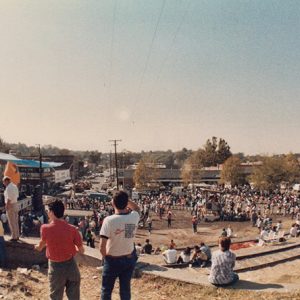 King Biscuit Blues Festival Crowd
King Biscuit Blues Festival Crowd
 King Lear
King Lear
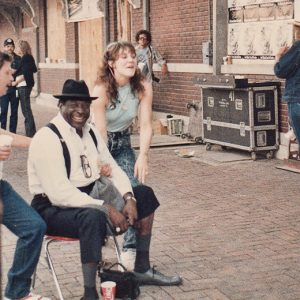 Albert King
Albert King
 Whitney Kirk
Whitney Kirk
Lepanto Terrapin Derby
Lindbergh Day
aka: Guggenheim Tour
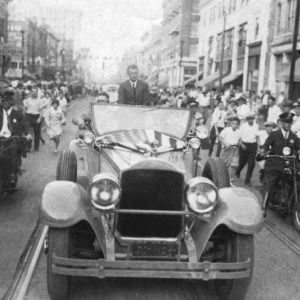 Lindbergh in Little Rock
Lindbergh in Little Rock
Little Miss Arkansas Pageant
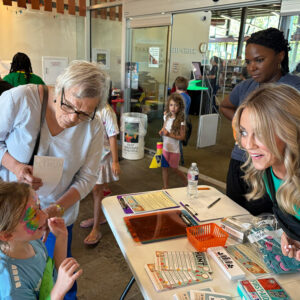 Little Readers Rock
Little Readers Rock
Little Rock Film Festival
Little Rock Marathon
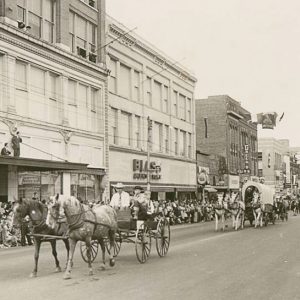 Livestock Show Parade
Livestock Show Parade




